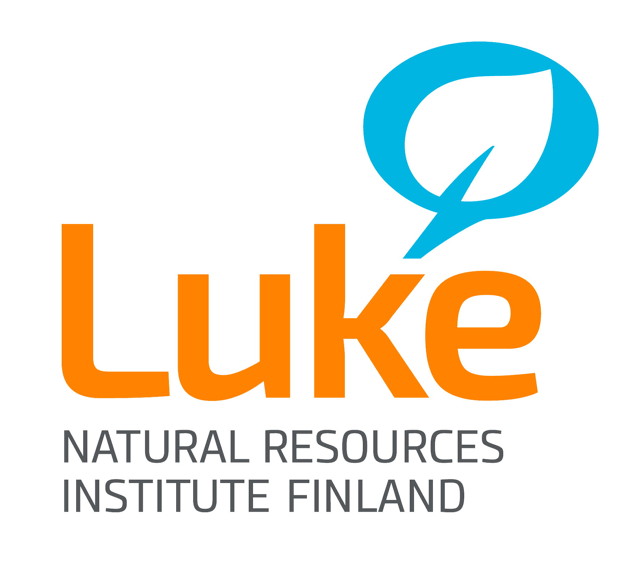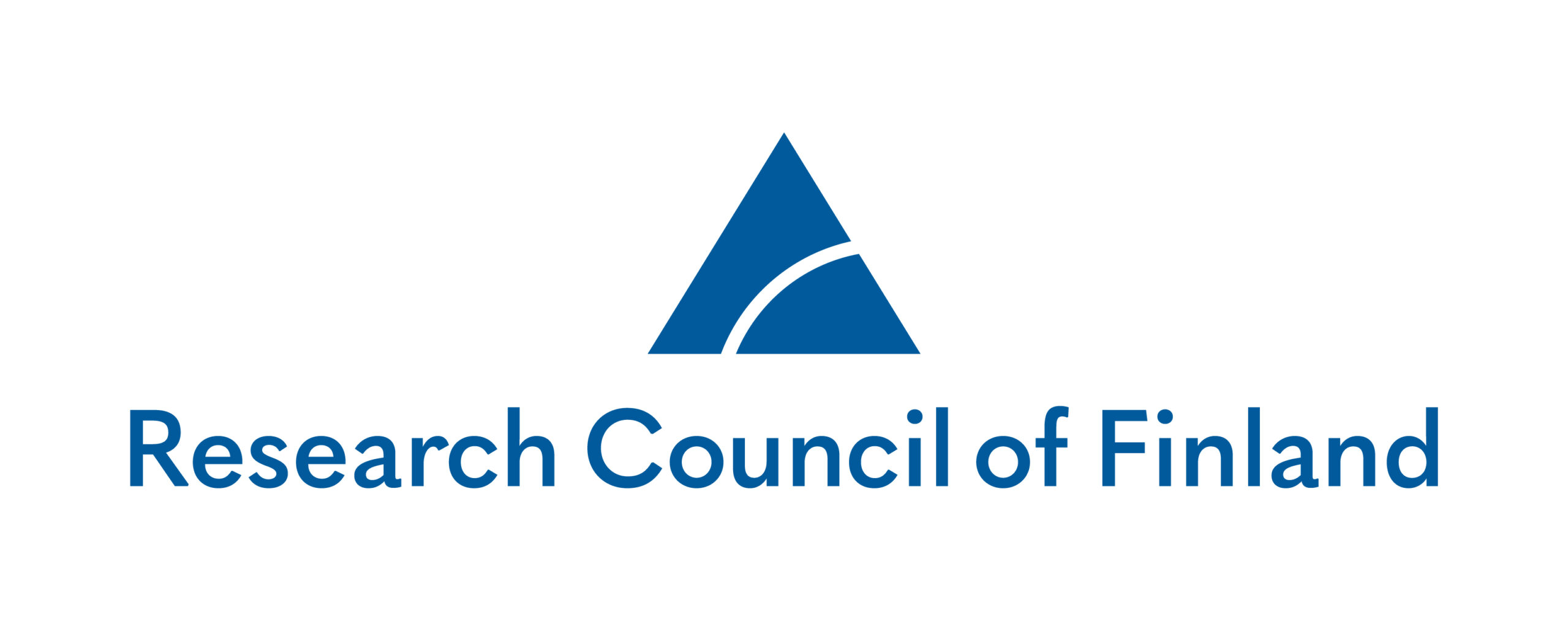Using the EU bioeconomy policy as a case, the study identifies and critically assess the dominant as well as emerging policy discourses related to the EU’s transition to bioeconomy in relation to their global environmental justice dimensions, and socioecological transformations.
The study develops a suitable theoretical and analytical framework for global environmental justice implications and socioecological transformations. Firstly, the meaning of just socioecological transformations is theorized, emphasizing decolonial and degrowth oriented pathways to just socioecological transformations (paper 1). This is followed by an analytical framework for radical socioecological transformations, in relations to cultural and political hegemony (paper 2). Thirdly, these theoretical frameworks are used to further the theoretical depth of just socioecological transformations, by analysing and looking into:
- the EU deforestation policies’ impacts on global deforestation, emphasizing power, material and epistemic injustices in the EU’s international forest governance (paper 3); and how the EU forest governance can backfire to trigger further injustices (paper 5) and threats to democracy (paper 4) in one of the case study countries, Laos.
- the EU’s bioeconomy project, emphasizing its embeddedness in colonial and neocolonial logics of domination, global competitiveness and competition, but also what needs to be done to change the course towards postgrowth and decolonial bioeconomies (Paper 6, JRC report),
- the epistemic injustices in the EU’s very definition of bioeconomy, as it unfolds in Brazil (paper 7)
- how various political promises of transformations in the EU bioeconomy ensure continuity of status quo rather that transformations (paper 8), and
- what a radical transformative responses to EU’s global deforestation would look like, where we further develop the radical transformation framework and apply it to EUDR (paper 9).
At the domestic policy levels, the study zooms into national bioeconomy policies, proposing postgrowth pathways for Finnish bioeconomy (Luke report), and reveals neoliberal turns for land use in bioeconomy in number of countries including Chile, Finland and Laos (paper 10).
As a part of this study, comprehensive reviews of general trends in international forest governance in relation to SDG 15 (book chapter 1) and the EU forest governance in relation to illegal logging (paper 11) have been conducted. Lastly, drawing from relational and affective, decolonial, feminist and degrowth approaches, the study proposes policy and research suggestions towards relational, decolonial and care-based approaches to bioeconomy (blog post), as well as a decolonial environmental justice approach to forest restoration (book chapter 2).



